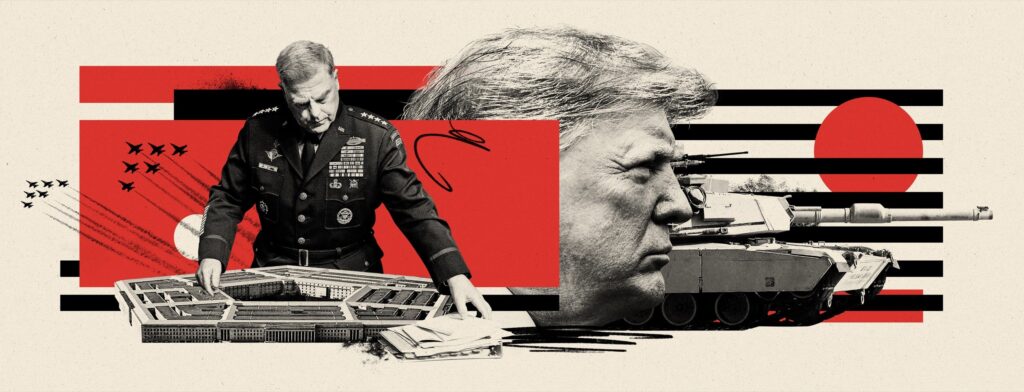Military propaganda has been a long-standing method used to influence public opinion and recruit soldiers. This article explores the ethical implications of military propaganda, discussing its definition, benefits, risks, and ethical considerations. It delves into the potential harm to civilians and non-combatants, the lack of accountability and transparency, and the far-reaching consequences of spreading misinformation. The article concludes by emphasizing the importance of carefully considering the ethical implications of using information as a weapon of war and the need for transparency and accountability in communication strategies. Overall, the piece aims to shed light on the complex ethical concerns surrounding military propaganda.
The Ethics of Military Propaganda
Introduction
Military propaganda has been used for centuries as a tool to influence public opinion, recruit new soldiers, and demoralize enemies. However, the use of propaganda raises ethical questions about the manipulation of information and the potential consequences of spreading misinformation. In this article, we will analyze the ethics of military propaganda and the implications of using information as a weapon of war.
Defining Military Propaganda
Military propaganda can be defined as the dissemination of information, ideas, or rumors to influence the thoughts, feelings, and behaviors of a target audience in support of military objectives. This can involve using mass media, social media, and other communication channels to shape public opinion and perception of military operations and policies.
Benefits and Risks of Military Propaganda
There are both benefits and risks associated with the use of military propaganda. On one hand, propaganda can be an effective tool for shaping public opinion and rallying support for military actions. It can also be used to weaken enemy morale and bolster the confidence of friendly forces. However, the use of propaganda also raises ethical concerns about the spread of misinformation and the potential for unintended consequences.
Ethical Considerations
One of the primary ethical considerations surrounding military propaganda is the potential for harm to civilians and non-combatants. Propaganda can be used to manipulate public sentiment and incite violence against certain groups, leading to human rights abuses and civilian casualties. Additionally, the spread of misinformation through propaganda can erode public trust in the government and military, undermining the credibility of official sources of information.
Accountability and Transparency
Another ethical issue related to military propaganda is the lack of accountability and transparency in the dissemination of information. There is often a lack of oversight and regulation in the use of propaganda, leading to the potential for abuse and manipulation of the public. This lack of transparency can also make it difficult for the public to distinguish between fact and fiction, further eroding trust in the information being presented.
Consequences of Military Propaganda
The consequences of military propaganda can be far-reaching and have profound impacts on the perception of military actions and policies. Misinformation spread through propaganda can lead to public skepticism and distrust, making it more difficult for the government and military to garner support for necessary actions. Additionally, the use of propaganda can contribute to the spread of disinformation and conspiracy theories, further polarizing public discourse and undermining the democratic process.
Conclusion
The use of military propaganda raises important ethical questions about the manipulation of information and the potential consequences of spreading misinformation. While propaganda can be used as a tool for rallying support and demoralizing enemies, it also carries the risk of harming civilians and eroding public trust. It is essential for governments and military organizations to carefully consider the ethical implications of using information as a weapon of war and to prioritize transparency and accountability in their communication strategies.
